Reviewed Corey Noles
So, you're scrolling through tech news and see "Samsung Tab S11 getting battery downgrade" — your heart sinks a little, right? Here's the thing: that headline doesn't tell the whole story, and the reality is way more nuanced than the doom-and-gloom takes suggest.
Having tested Samsung's tablet lineup for the past three generations, I can tell you that battery specs rarely tell the complete performance story. Recent certifications from SGS Fimko reveal the Galaxy Tab S11 Ultra will pack an 11,600mAh battery with 45W charging — that's a 400mAh bump over the Tab S10 Ultra's 11,200mAh cell. Meanwhile, the standard Tab S11 is sticking with the same 8,400mAh capacity as its predecessor. The charging speeds remain unchanged at 45W across the board — no upgrades there, but also no downgrades.
What you need to know:
Tab S11 Ultra gets modest 3.5% battery increase
Standard Tab S11 maintains current battery size
Charging speeds stay at 45W (no improvements)
Launch expected September-October 2025
Why "downgrade" headlines miss the mark
The confusion stems from early speculation and the way battery improvements have slowed across Samsung's tablet lineup. Since the Galaxy Tab S8 Ultra, battery upgrades have been minimal — the Tab S9 and S10 Ultra both shipped with identical 11,200mAh cells. So when the S11 Ultra finally gets a capacity bump, calling it a "downgrade" doesn't match the certification data.
The more telling issue lies in comparative market expectations. While competitors experiment with faster charging solutions and advanced battery chemistry, Samsung's conservative approach means 45W charging takes over 2 hours to fully charge these massive batteries. When you're paying premium prices, 90-minute charging from competitors like OnePlus or Xiaomi tablets starts looking awfully appealing.
DON'T MISS: The real story here isn't battery downgrades — it's Samsung's apparent strategy shift toward efficiency over raw capacity increases.
The real battery performance puzzle
Here's where things get interesting: raw capacity numbers don't tell the whole endurance story. These efficiency concerns aren't just theoretical—real users are experiencing the consequences daily. User reports from XDA forums show the Tab S9 actually delivered worse real-world battery life than the Tab S7, despite having a larger 8,400mAh vs 8,000mAh battery. The culprit? More power-hungry processors and brighter displays eating up those capacity gains.
One XDA user reported: "The S9 in comparison only lasts Sunday night through Thursday, maybe Friday if I'm lucky… a 3 hour+ reduction in SOT over the Tab S7 is totally unacceptable." Another noted significant standby drain issues: "the Tab S9 seems to drain a good bit quicker when not being used and that's with the screen off and the tablet set to power saving mode."
Samsung's rumored MediaTek Dimensity 9400+ chipset for the Tab S11 Ultra could be the efficiency wildcard here. If it delivers better performance-per-watt than current Snapdragon chips, that modest 400mAh increase might translate to meaningful battery life improvements. Early MediaTek benchmarks suggest 20-30% efficiency gains over previous generations.
PRO TIP: Look beyond the mAh numbers — processor efficiency and display optimizations often matter more for real-world endurance than raw battery capacity.
What Samsung should really focus on
The charging situation needs serious attention. When iPad Pro models are moving toward faster charging solutions and Android phones routinely hit 65W+, Samsung's 45W ceiling feels conservative. Users consistently report 2+ hour charging times as a major pain point.
Beyond charging speeds, the underlying battery technology presents another optimization opportunity. Industry trends toward LFP and NMC batteries focus on cost reduction and longevity over pure capacity — which might explain Samsung's cautious approach to battery upgrades. These newer chemistries could deliver better cycle life and thermal management, even if raw capacity doesn't dramatically increase.
This conservative approach means prospective buyers should calibrate expectations accordingly. If you're upgrading from a Tab S8 or earlier, you'll see meaningful improvements. But coming from a Tab S10? The differences will be subtle at best, with most gains coming from software optimization rather than hardware leaps.
The bottom line on Tab S11 batteries
Let's break it down: the Tab S11 Ultra isn't getting a battery downgrade — it's getting a small upgrade that might not feel significant enough given the premium price point. The real story lies in Samsung's commitment to incremental evolution while efficiency becomes the primary battleground.
The September-October launch window gives Samsung time to surprise us with better-than-expected efficiency gains or charging improvements. But based on current certifications, expect evolution rather than revolution in the battery department.
PRO TIP: If battery life is your primary concern, wait for real-world reviews focusing on the Dimensity 9400+ efficiency improvements rather than making purchase decisions based purely on mAh numbers.
The takeaway? Your next premium Android tablet will last roughly as long as current models — which isn't necessarily bad news if you're happy with Tab S10 Ultra endurance. Just don't expect the charging experience to get dramatically better anytime soon, and prepare to pay premium prices for what amounts to modest refinement rather than revolutionary improvement.




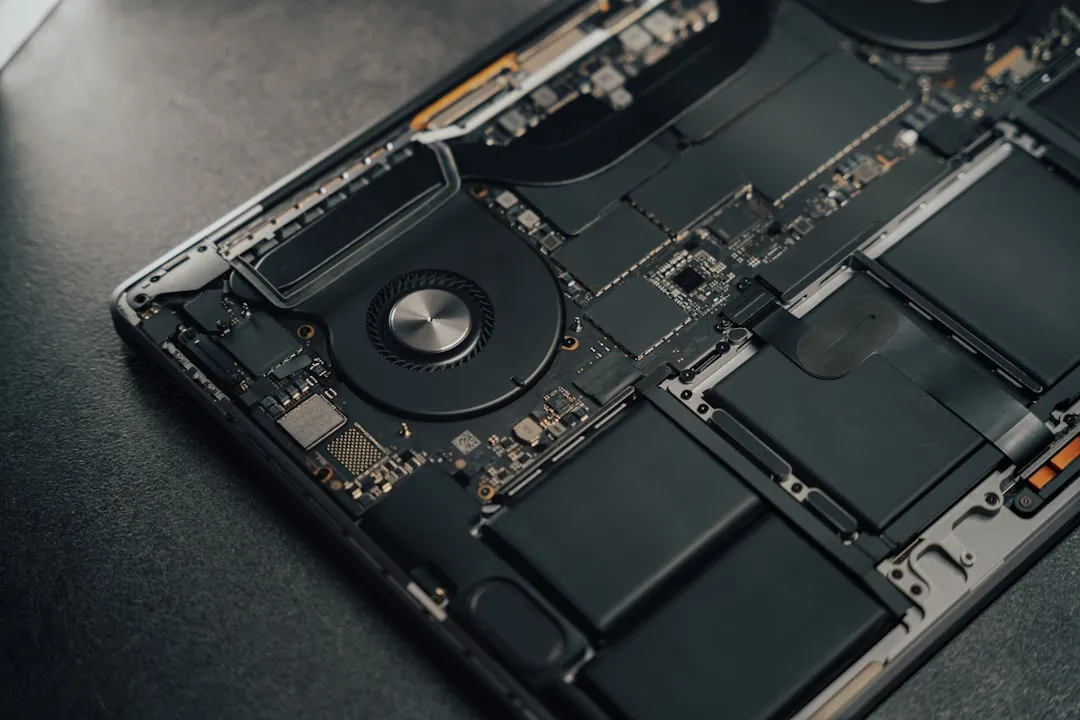

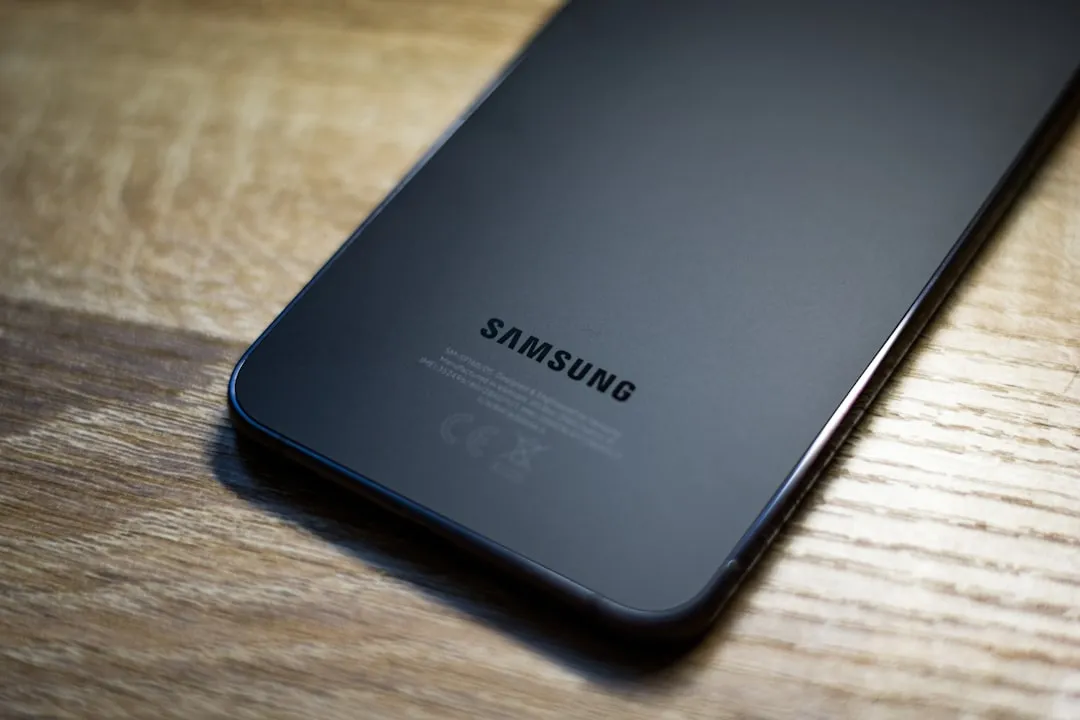

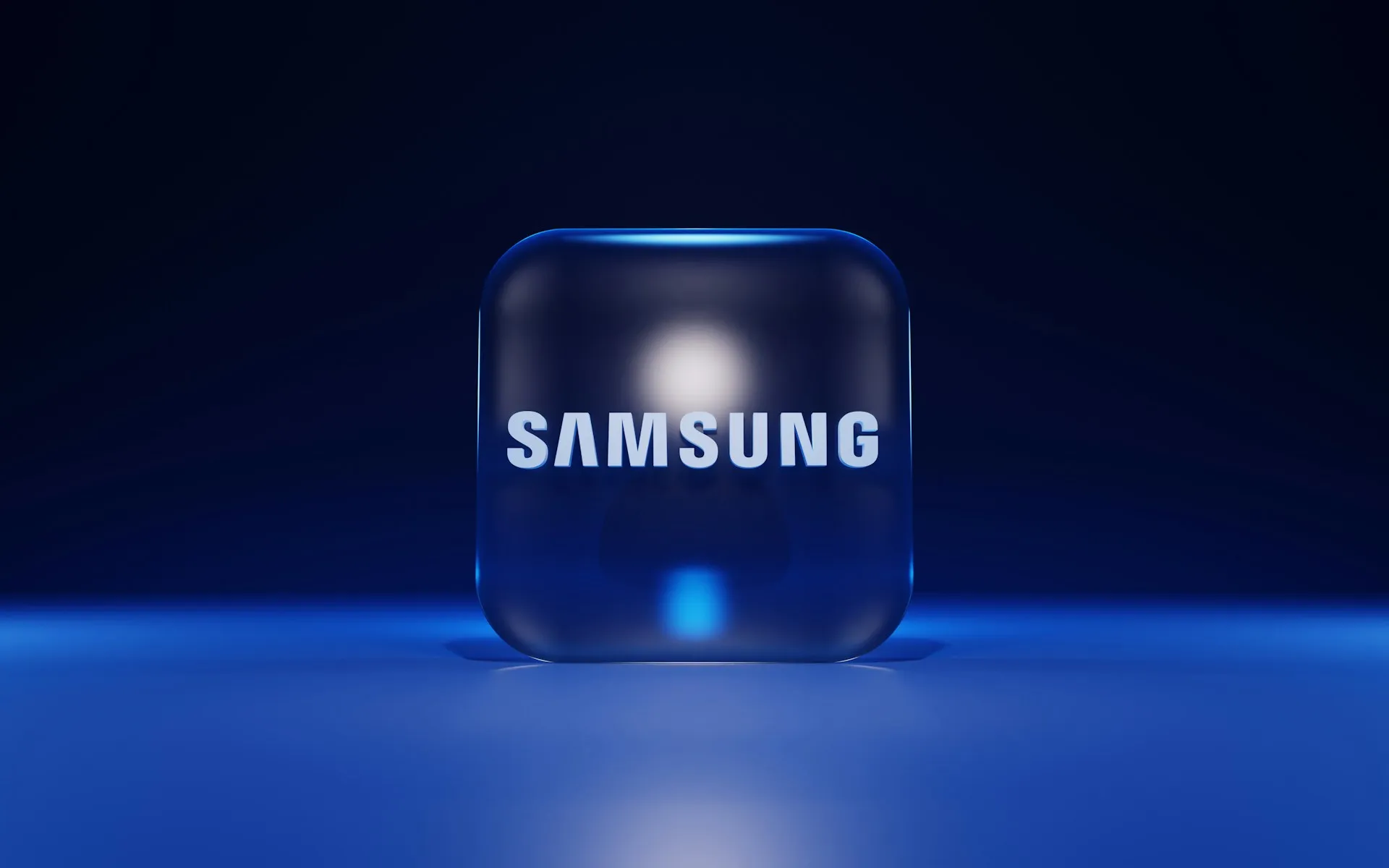


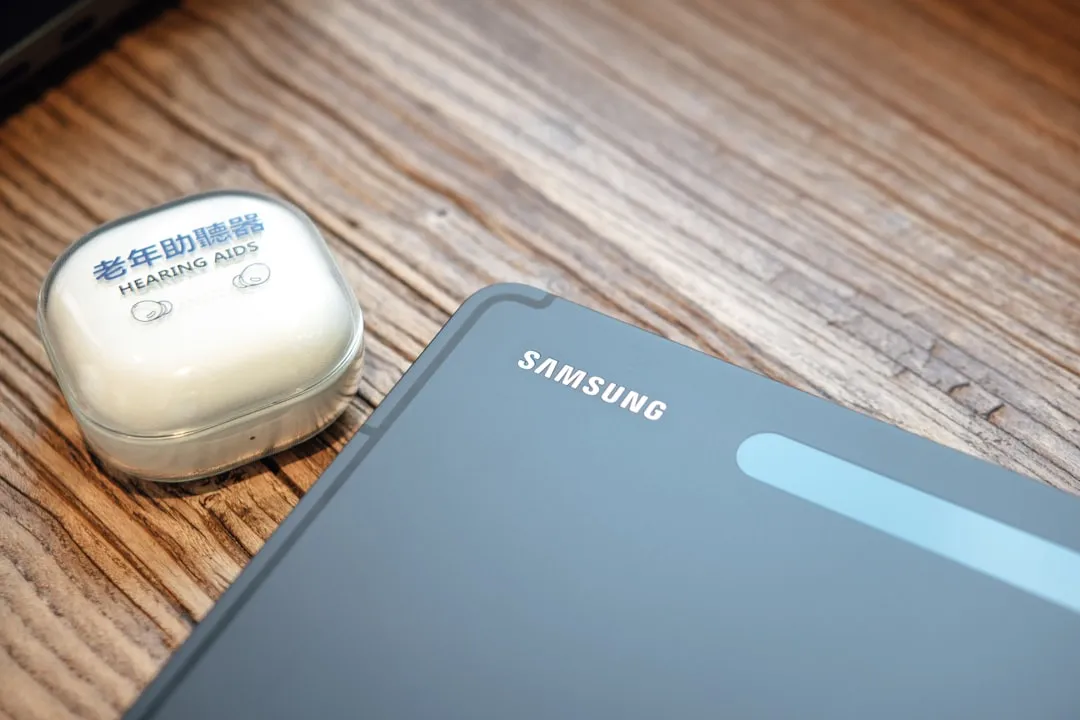
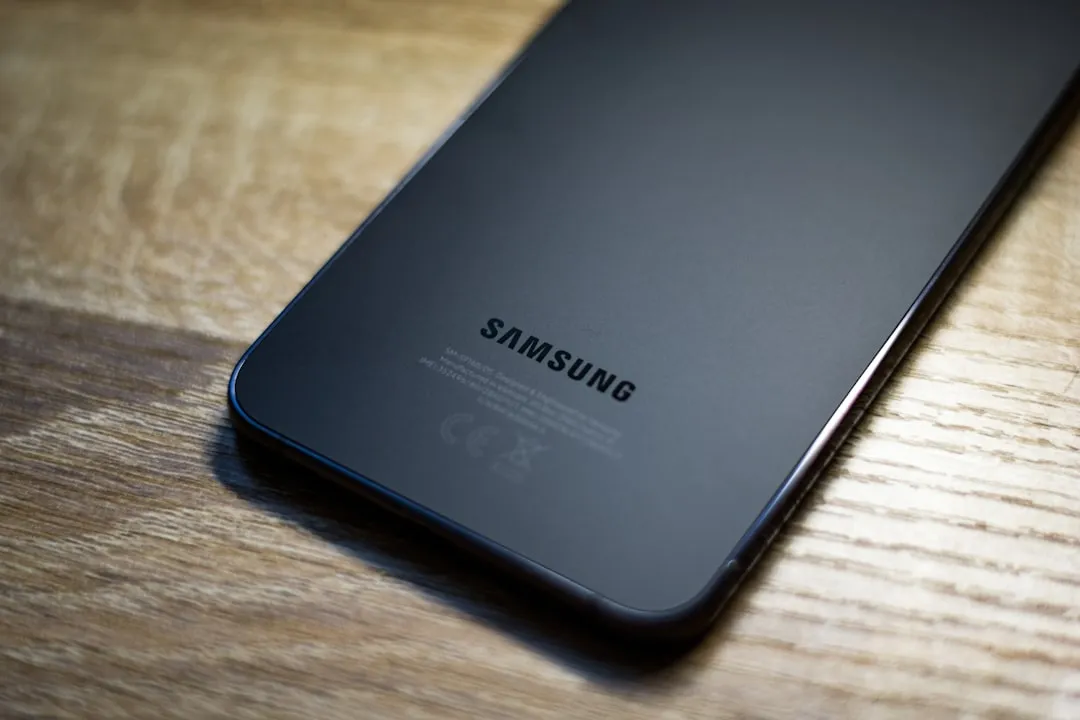



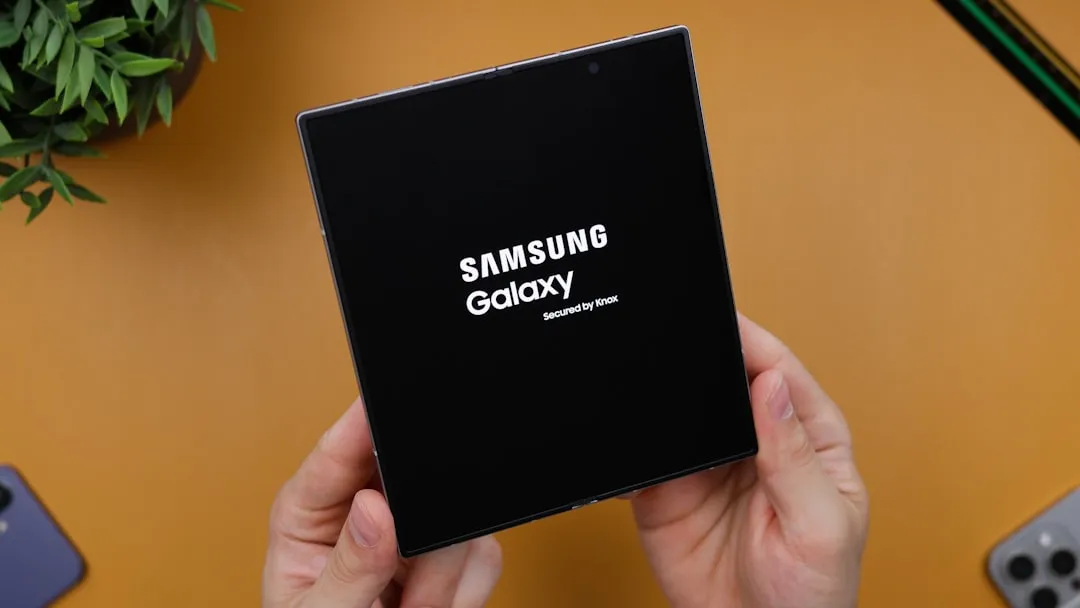

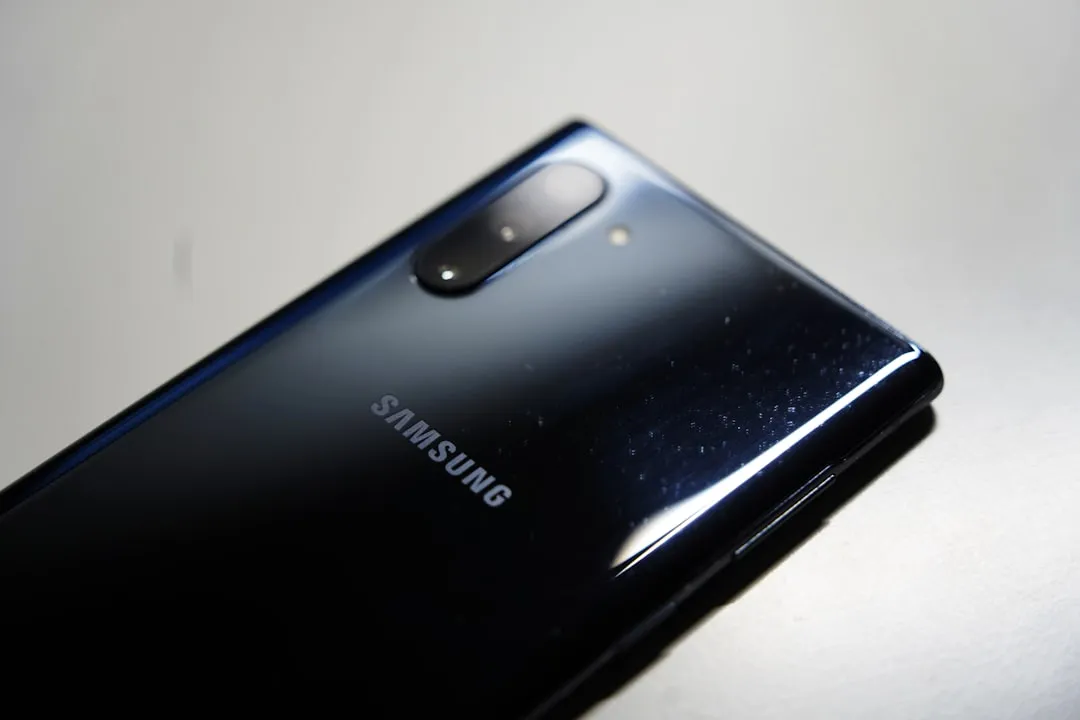
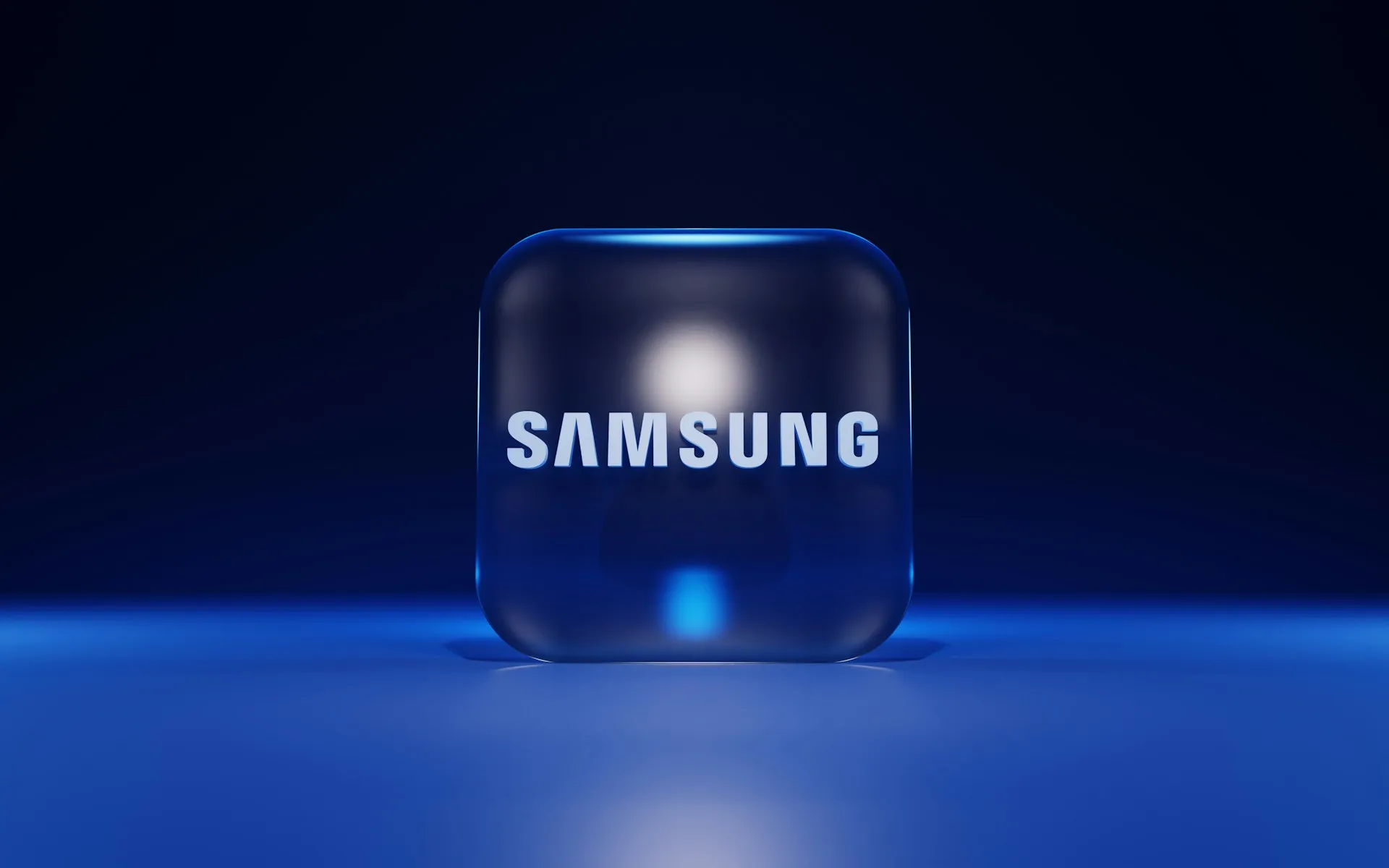

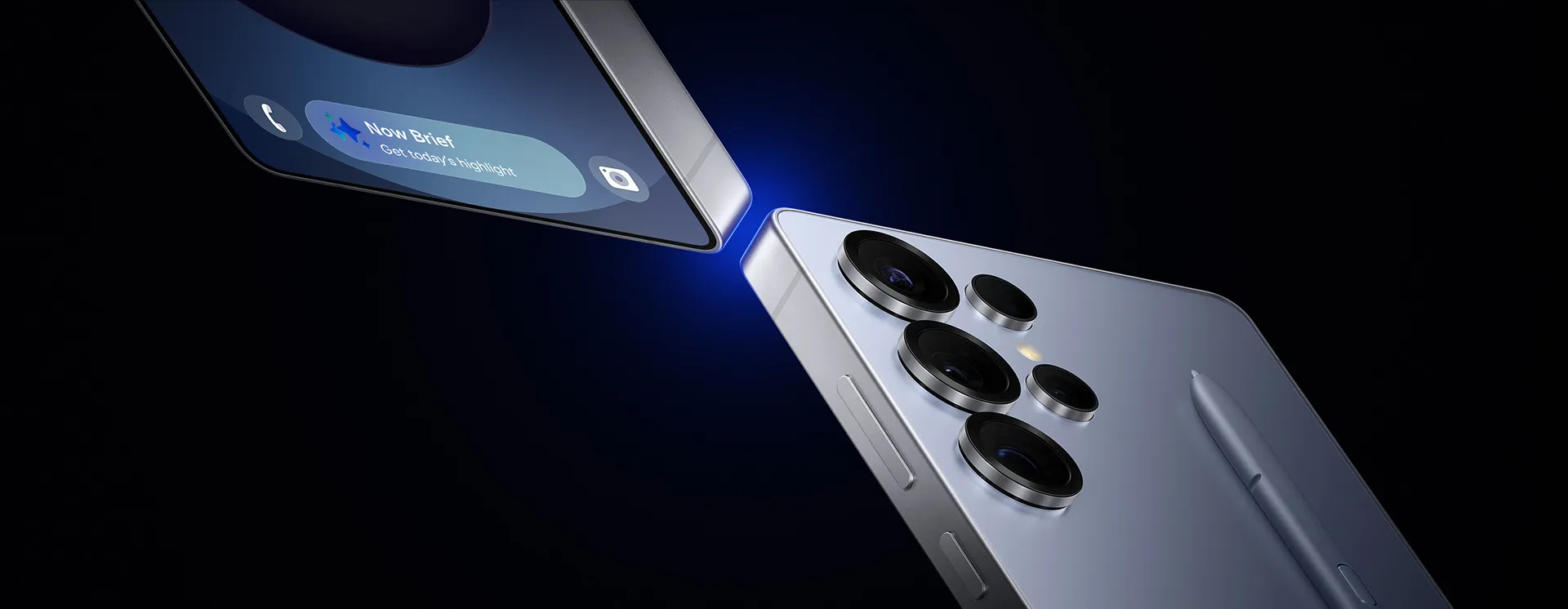

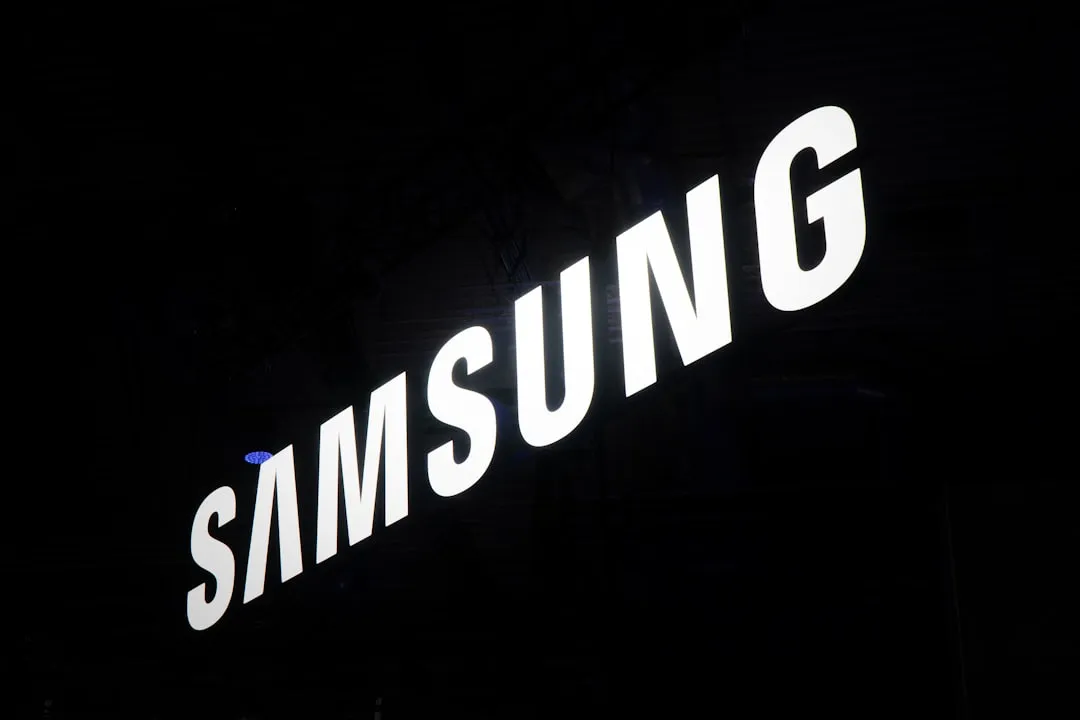

Comments
Be the first, drop a comment!